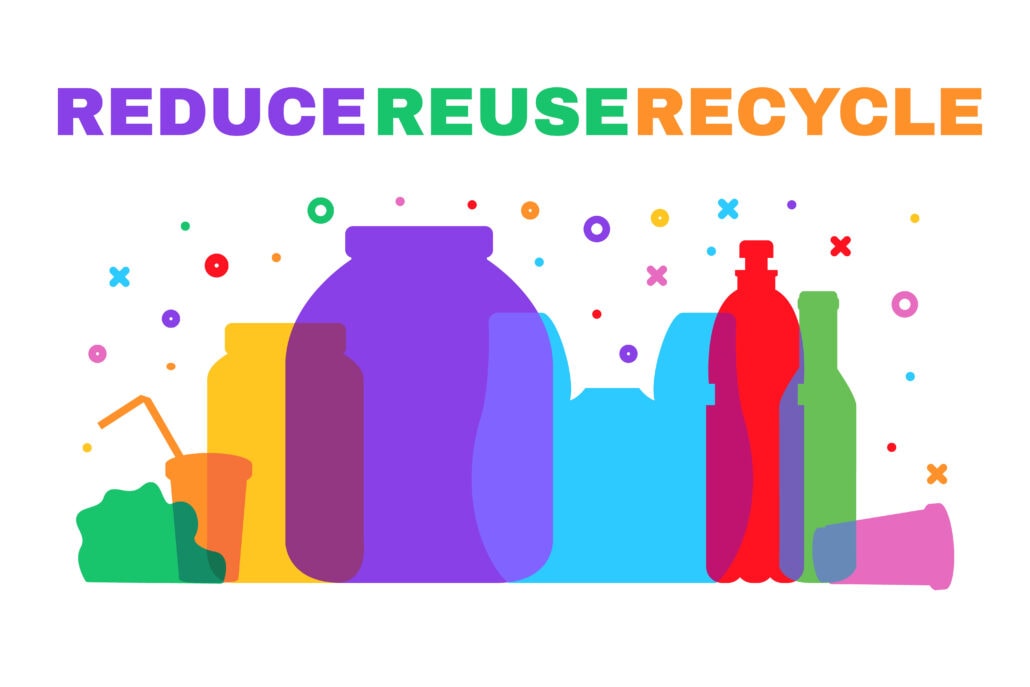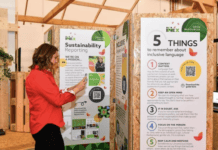Net Zero Carbon Events has published a collection of action items to implement now.
Faced with the worldwide ravages of climate change this summer, the need for planners to consider the environmental impact of meetings and events has never been more crucial. The good news is that there are many actionable, sustainable practices that can be implemented immediately. The Net Zero Carbon Events initiative to address climate change has been promoting and facilitating these best practices within the MICE industry since it was launched in 2021. They recently published a comprehensive guide of action items to help facilitate the path to net zero.
The report covers sustainable practices in five workstreams: venue energy, smart production and waste management, food and food waste, logistics, and travel and accommodation. “We encourage everyone to explore this valuable guidance, which will be continuously updated as we progress with our workstreams’ efforts,” said James Rees, President of the Joint Meetings Industry Council which is driving the initiative.
Best Practices
Among the steps planners can take now towards a net zero carbon future:
• Choose vendors and suppliers with sustainable practices and certifications.
•Reduce, reuse and recycle at every opportunity to minimize waste.
•Maximize the use of stock decor items.
• Use digital meeting and exhibition guides through apps to eliminate printed material.
•Use paper lanyards, or fully remove lanyards and use clips or digital badges instead.
•Partner with local recycling companies and local associations for material donations.
•Add vegan or vegetarian menu items and plant-based milk and prioritize local, seasonal and organic sourcing.
•Replace plastic water bottles with glass bottles. Encourage attendees to bring their own bottles and provide water refill stations. Replace plastic food containers with other materials.
•Reduce food waste to a minimum and donate remaining food waste wherever possible.
•Book airlines that have started using sustainable aviation fuel (SAF) and that heavily invest in SAF development.
•Prioritize airlines that have eliminated single use plastics from the onboard cabin service and those that have sustainability goals aligned to the International Air Transport Association’s (IATA) Fly Net Zero’s aim to achieve net zero carbon by 2050.
▪ Use hotels that are certified by the Global Sustainable Tourism Council (GSTC) or by eco-labeling programs such as Green Key, Green Globe, or Travelcert.
•Use hotels and venues that subscribe to specific industry environment codes of practice such as the GSTC criteria or the World Travel & Tourism Council (WTTC) Hotel Sustainability Basics.
Many more sustainable practices are detailed in the report, Best Practices for Decarbonisation Pathways. It is an interim report in advance of a full-guidance document due to be released in December 2023.
You May Also Be Interested In…
Climate Change Causing Radical Shifts in Travel Planning
The New Face of Food for Meetings and Events
Is Your Event Certifiably Sustainable?











